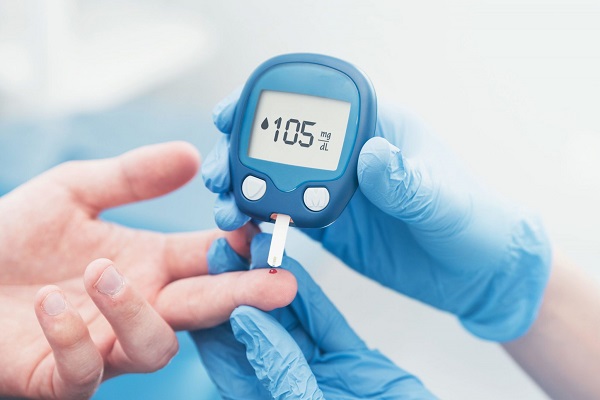
Rising inflation in Nigeria is threatening the ability of millions of low-income Nigerians to access essential diabetes care, according to stakeholders in the health sector.
With inflationary pressures gripping the economy, many people living with diabetes are struggling to afford life-saving medications and the healthcare services they need.
At the 2024 Gatefield Health Summit, held in Abuja on Wednesday and themed “Beyond 65,” global health leaders, advocates and stakeholders gathered to discuss the escalating crisis of non-communicable diseases (NCDs), particularly diabetes, in Nigeria and across sub-Saharan Africa.
The summit highlighted the growing burden of NCDs in the region, where diseases like diabetes account for 37 per cent of all deaths. As inflation rates soar, diabetes care has become increasingly unaffordable for many Nigerians, especially those in the lower income brackets.
Co-convener of the UHC2023 Forum, Dr. Garfa Alawode presented research titled “Impact of Inflation on Affordability and Adherence to Anti-diabetics,” revealing that the cost of managing diabetes has risen significantly between 2023 and 2024. According to the research, individuals in the lowest income quintile have been hit the hardest, with the cost of managing diabetes increasing by nearly 40 per cent.
Alawode noted that the average annual income for the lowest-income earners is around N500,000, yet the cost of diabetes management now stands at N350,000 annually. “This leaves little room for other essential needs such as food, housing, and transportation,” he said. The data, sourced from the International Diabetes Federation (IDF) and Nigeria’s National Bureau of Statistics (NBS), paints a stark picture of how inflation is disproportionately affecting vulnerable populations.
For Mrs. Adeola Johnson, a 48-year-old diabetic from Lagos, the rising cost of medications has become unbearable. “I used to spend N15,000 per month on medications in 2023, but now it’s nearly N25,000. I can’t keep up and, sometimes, I have to skip doses,” she lamented, sharing her struggles with managing the disease amid the worsening economic climate.
The summit also addressed broader challenges in Nigeria’s primary healthcare (PHC) system. Executive director of the Policy and Legal Advocacy Centre (PLAC), Dr. Biobele Davidson emphasised the need for better-resourced PHCs to help reduce the burden on secondary and tertiary healthcare facilities. She pointed out that many PHCs are underfunded and understaffed, which limits their ability to manage chronic conditions like diabetes.
Davidson advocated for greater investment in digital platforms to capture patient feedback and improve service delivery, especially in accessing medications. Strengthening PHCs, she stressed, would not only reduce overcrowding in hospitals but also improve overall health outcomes in the country.
Supply chain challenges also took centre stage during the discussions. Regional director of the Africa Resource Centre (ARC), Mrs. Azuka Okeke spoke about the difficulties of ensuring access to essential medicines due to Nigeria’s chaotic supply chains. Although policies and frameworks exist, their implementation has been lacking, particularly in rural areas where healthcare facilities face severe shortages.
Okeke recalled a 2018 engagement with pharmaceutical companies, during which she urged them to prioritise the production of essential medicines for diseases like malaria and diabetes. She warned that neglecting public health needs would eventually have a negative impact on the pharmaceutical sector itself.
The two-day summit concluded with a powerful documentary that showcased the struggles of Nigerians living with diabetes. The film highlighted how some people are forced to spend up to 25 per cent of their income on medications, illustrating the human toll of the disease. Former President Olusegun Obasanjo also shared his journey with diabetes, underscoring the importance of diet and exercise in managing the condition as one age.
The summit served as a critical platform to raise awareness about the pressing issue of diabetes care in Nigeria, particularly in the context of rising inflation and its devastating impact on vulnerable populations.

